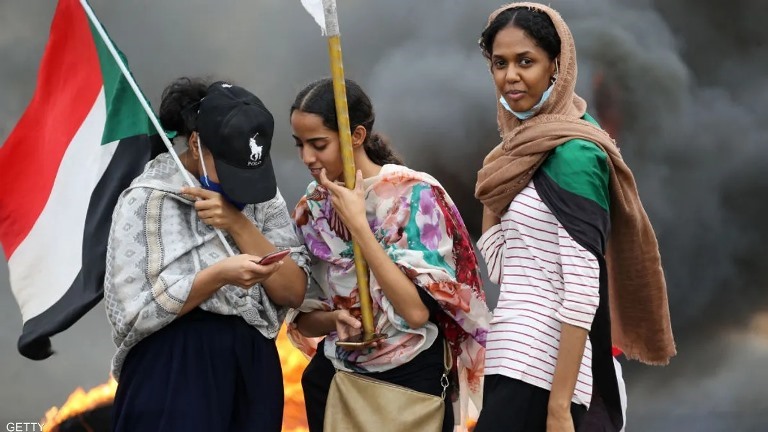Sudan’s rights groups sound alarm on killings of kidnapped women, by RSF members
March 11, 2024 (PORT SUDAN) – Hala Al-Karib, head of the Women’s Network of the Horn of Africa (SIHA), spoke at a virtual symposium on International Women’s Day, raising the alarm on the killings of kidnapped women in Sudan. The discussion focused on enforced disappearances during wartime, particularly their impact on women and girls.
Al-Karib accused the Rapid Support Forces (RSF) of widespread kidnapping, killings, and looting. She stressed the need for transparency regarding war crimes and said documented evidence showed the RSF, along with the Sudanese army, were responsible for abductions and killings of women and girls.
Al-Karib shared a personal story of her family’s home being raided by the RSF, where girls aged 13-15 were kidnapped and family members were threatened and beaten. She emphasized that social stigma silences many victims.
International human rights reports support Al-Karib’s claims, detailing human rights violations by RSF fighters including murder, sexual violence, and theft.
The RSF responded by announcing a new unit to combat negative actions but offered no information on investigations or convictions related to the accusations.
Fatima Lagawa, representing the RSF, denied all accusations, calling them unsubstantiated attempts to discredit the force. She suggested political motives behind the claims and demanded concrete evidence before assigning blame. Lagawa, however, did agree to the formation of an impartial committee to investigate the violations and hold RSF soldiers accountable if proven guilty.
A representative from the Bahri Emergency Room, Maram Mohammed, revealed a disturbing reality. She stated that documented cases of violence against women and children represent only a fraction of the actual incidents. Women were forced into labour for cleaning and washing.
Even more alarming, Mohammed reported that women and girls were subjected to horrific acts, including repeated sexual assault throughout the day, forced marriage of adults and minors, and sexual slavery. She added that forced disappearances resulted in pregnancies for underage victims, some of whom tragically died during childbirth. Others managed to escape, but the psychological trauma often led to suicidal thoughts in these young girls.
Zahal Muhammad Al-Amin, an international constitutional law expert, emphasised these crimes’ legal implications. He declared that the current widespread and systematic targeting of women and girls for security or ethnic reasons constitutes an international crime against humanity. This places the Sudanese state at risk of prosecution by the International Criminal Court.
Al-Amin further highlighted the inadequacy of existing laws regarding enforced disappearance, which he described as intentional acts facilitated by the repressive practices of the state and armed groups.
Osman Al-Basri, a member of the Sudanese Group for Victims of Enforced Disappearances member, presented concerning statistics. He pointed out that official figures for enforced disappearances since April 15th are likely inaccurate due to difficulties with reporting, communication disruptions, and closed police stations.
Basri’s group documented 96 missing women as of January, with an additional 24 cases likely unreported. He provided harrowing details: 15 young women were held captive for long periods in a house in Khartoum North, only escaping after a clash between the army and the Rapid Support Forces. Additionally, a minor was arrested by the RSF but managed to escape, and two minors were abducted and forced into marriage.
Isaaf bin Khalifa, representing the Office of the High Commissioner for Human Rights in Sudan, confirmed reports from women victims detailing abuses committed by the Rapid Support Forces. Khalifa expressed deep concern about the rising number of enforced disappearance allegations, particularly regarding the massive number of reports received. Importantly, they clarified that violations committed by non-state actors, if widespread and systematic, can be considered crimes against humanity.

